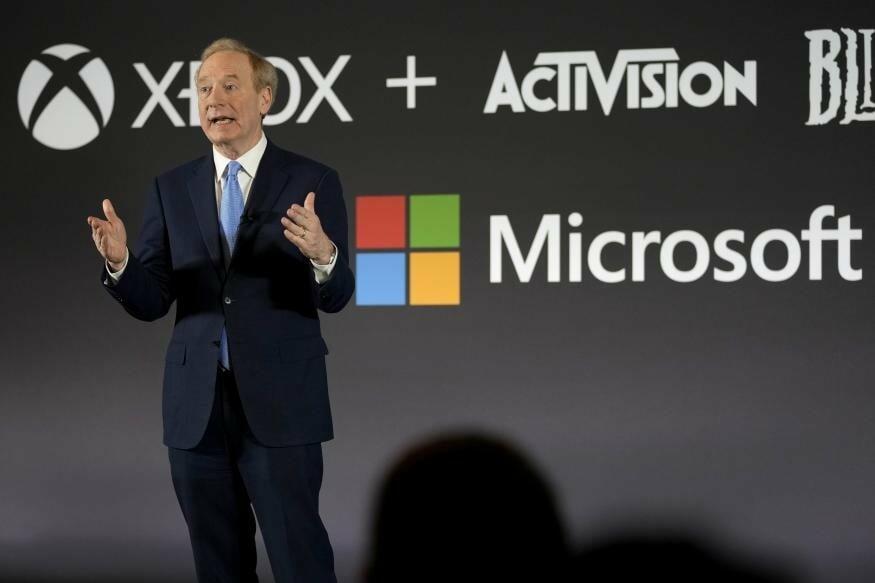After facing objections from American and British regulators who raised concerns about competition, the approval from the European Union regulators comes as a positive development for the blockbuster deal.
Following Microsoft’s efforts to address concerns raised by European Union officials, they have been granted permission for the deal, provided that rival companies in the online gaming services sector maintain access to Activision’s acclaimed titles like Call of Duty.
Despite progress, the high-profile acquisition remains an arduous battle, serving as a crucial test for global regulators grappling with concerns over the industry’s consolidation of power.
American and British regulators have taken steps to block the acquisition, citing potential competition constraints resulting from the merger between the Xbox maker and the company responsible for the Call of Duty franchise. Microsoft is actively contesting both regulatory actions.
The acquisition has exposed divisions among regulators regarding the measures to curb the power of major tech companies worldwide.
Objections to the deal have partly revolved around the impact on cloud gaming, a burgeoning technology that enables game streaming on various devices, potentially rendering dedicated hardware like consoles unnecessary.
American and British regulators argued that Microsoft’s acquisition of Activision would stifle the growth of this nascent segment within the gaming industry.
The European Union’s decision follows the U.K. Competition and Markets Authority’s recent blockage of the deal due to concerns regarding diminished competition in the emerging cloud gaming sector.
The CMA expressed concerns that Microsoft might gain commercial advantages by making Activision’s prominent titles, like Call of Duty, exclusive to its own cloud gaming platforms.
In the event that the Activision deal is finalized, Microsoft has additionally secured a decade-long agreement with Nintendo to bring the Call of Duty franchise to the platforms of the renowned Japanese gaming company.
Microsoft still faces a tough task of convincing rivals
Even with the EU’s approval, Microsoft’s challenge remains formidable as it strives to persuade competitors like Sony and regulatory bodies such as the U.S. Federal Trade Commission (FTC) that the acquisition of Activision will not have adverse effects on competition.
The ongoing case between Microsoft and the FTC continues to unfold. A senior official from the commission confirmed that there have been multiple exchanges of perspectives between the EU and the FTC, and a close collaboration has been maintained on the matter.
Increased competition in the market
On Monday, a senior official at the European Commission informed reporters that the approval of the deal would enhance market competition by granting access to Activision games for streaming platforms that previously lacked such privileges..
The deal seeks to unite Microsoft, the creator of the Xbox console, with the prominent video game developer responsible for blockbuster titles like World of Warcraft, Hearthstone, Candy Crush Saga, and Overwatch.







